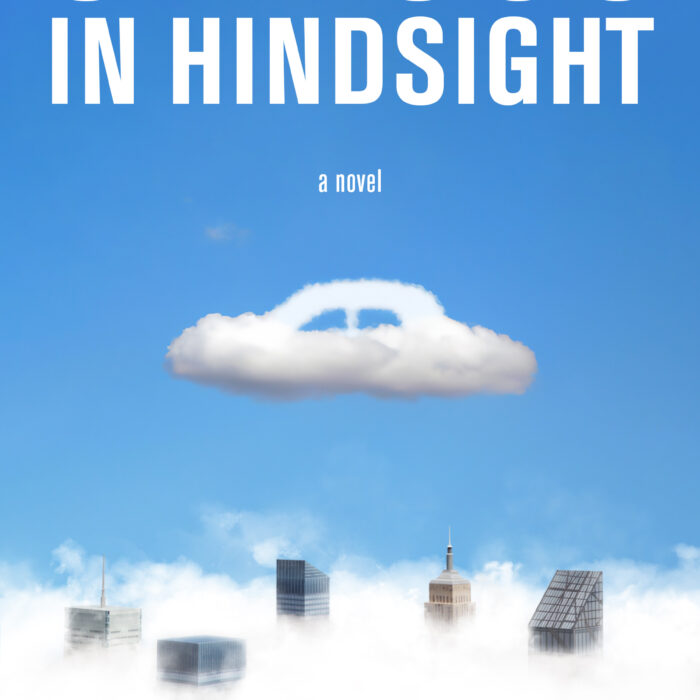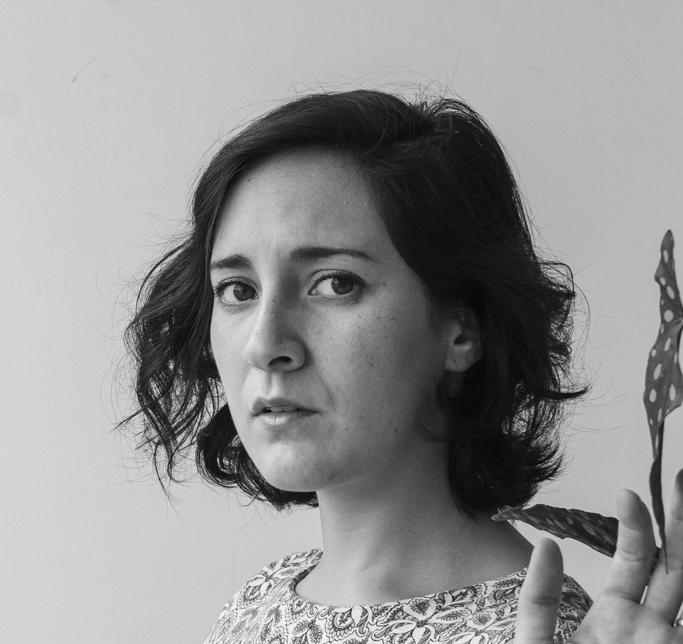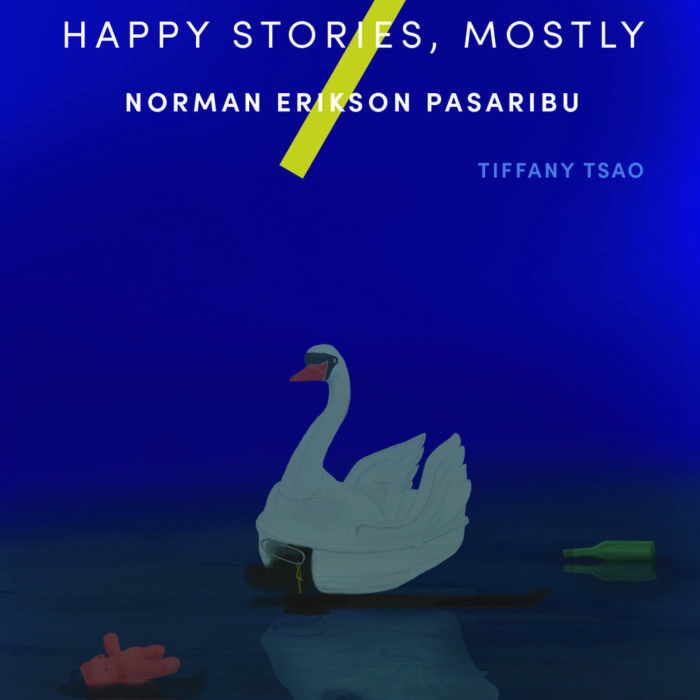You have no items in your cart. Want to get some nice things?
Go shoppingI’m in a café basement with a gigantic bowl of salad, an hour before the lunch rush. Sitting across from me is Emma Lowth, the happy owner of her own giant salad. Emma is an assistant editor at Simon & Schuster and is graciously set to answer my questions. We dent the salads, and then I jump into interviewer mode…
 Emma, thanks again for meeting me. Can you tell me what your job entails?
Emma, thanks again for meeting me. Can you tell me what your job entails?
There’s a lot of reading, as you might expect. I am always reviewing new submissions to see what might fit into our list, and, of course, looking for the story that is just calling out to be published. But it is really after a successful acquisition that the exciting part begins – the long process of publishing the book. As an editor, I get to be the project manager for the title. As well as working with the author to help hone the story they’ve written, I work with all the departments in house: cover designers, marketeers, sales and publicity. An editor is expected to have the vision for how to publish the book and to make sure the strands of the project all hold together.
What aspects of your job do you find most challenging?
The challenging aspects are positive ones. The book market constantly shifts as fashions change, and what people want to read change – you’re constantly trying to keep up with new trends, ideas and formats, now that we’ve got eBooks. Very exciting but varied.
Most rewarding aspects?
There’s nothing quite like holding the finished book at the end of its journey. You’re the first person to see it, and you’re so nervous, hoping everything is correct. It isn’t just a year of your hard work; it’s also possibly decades of the author’s blood, sweat and tears. I love getting to know the authors personally, working with their ideas and getting into their mind-set. And when you send it to the author, the excitement is palpable. The author’s dream has come true – a published book. It’s great to go through that emotional process with them. And I love that there’s a physical product at the end, one that will bring other people enjoyment, too.
What’s your favourite genre?
Hmm, I like a broad range of genres. I’ve grown to love psychological suspense writing – I find it fascinating. Insight into a troubled mind is quite scary, almost scarier than blood-and-guts crime thrillers.
Why did you get into publishing?
When I was younger, my mum thought I wanted to be a teacher because, to her horror, I would take a Biro and write in my books, things like ‘good’ or ‘nice’, commenting on certain lines. I recently discovered one of these old books when my parents moved house and saw I’d written the RRP on it. I think the business mind-set was there from the start. I only discovered later on, by chance, that a job in publishing was ‘in there’ all along.
How did you get into the industry?
It was a time of internships and using contacts to help me on my way, making use of every opportunity to get in. I was lucky to be interning at Simon & Schuster at the same time they wanted to employ an editorial assistant. Such a stress-free interview because I already knew them. It was more like a conversation with a job at the end of it.
What do you think makes good writing?
I look for a voice with which I can identify, whether it’s in first or third person. It doesn’t matter if the book is fantastical or more realistic – I like to know that that characters could actually exist. I’m also a big fan of writing that has a strong sense of place. I love reading books set in foreign countries or books written in the past, because you have that feeling of discovery that comes with a new place or time.
Tell me about the book you’re currently working on…
It’s a fascinating love story set against the backdrop of the Armenian genocide, which happens during First World War in the Ottoman Empire. It’s heart-breaking. You’ve got these two people who wouldn’t ordinarily have met each other: an American girl on an aid mission to help those suffering, and an Armenian soldier who has escaped the violence. They fall in love through shared experiences of absolute brutality, finding consolation in each other. But you’re fully aware as you read it that these terrible things actually happened. The Armenian genocide isn’t talked about, not officially recognised as genocide.
What might give someone a better chance of getting work published?
If you’ve got a one-sentence hook that grabs a publisher’s attention, you might have a book that will spread easily by word of mouth. People will latch onto it, desperate to read what everyone’s talking about.
Tell me about the editing process…
It’s an extended conversation with an author. You read the book at a point when only a few people have read it: the agent, perhaps the author’s family or friends who’ve been coerced into a read. You’re that first fresh set of eyes, and your job is to flag up things that don’t work. Maybe there’s a voice that’s not quite right, or something’s not quite believable. You look at the narrative arc and make suggestions. But it’s completely individual and depends on the author and the story. They’re going to have opinions about it, and that’s fantastic, because they’re the creator and will know it better than anyone. It’s simply an exchange of ideas that produces a better draft than the first one. I ask a lot questions. “What’s this character thinking when they do this?” Lots of ‘Why’ questions to tease out the back story, too. Once a book is completely edited, we send out early proof copies to reviewers and booksellers. You want them to be on board with the publication as much as you are, especially as they bring it to the readership.
How are eBooks making an impact on the publishing industry?
There’s no going back now! It’s very exciting. We’re bringing books to even more people, those happier to carry around a practically weightless Kindle instead of heavy printed books. Because of sites like Amazon, you can see what books people buy. This makes it easier to track trends, and they’re changing daily. Also, some lesser-known authors are now able to get in the market, especially if content goes viral on the Internet.

Shannon Evans
Shannon Evans, originally from Florida, moved to London in December 2011. Her idea of a perfect Friday evening involves a book and a cup of tea, and her favourite book of all time is Till We Have Faces by C.S. Lewis.




